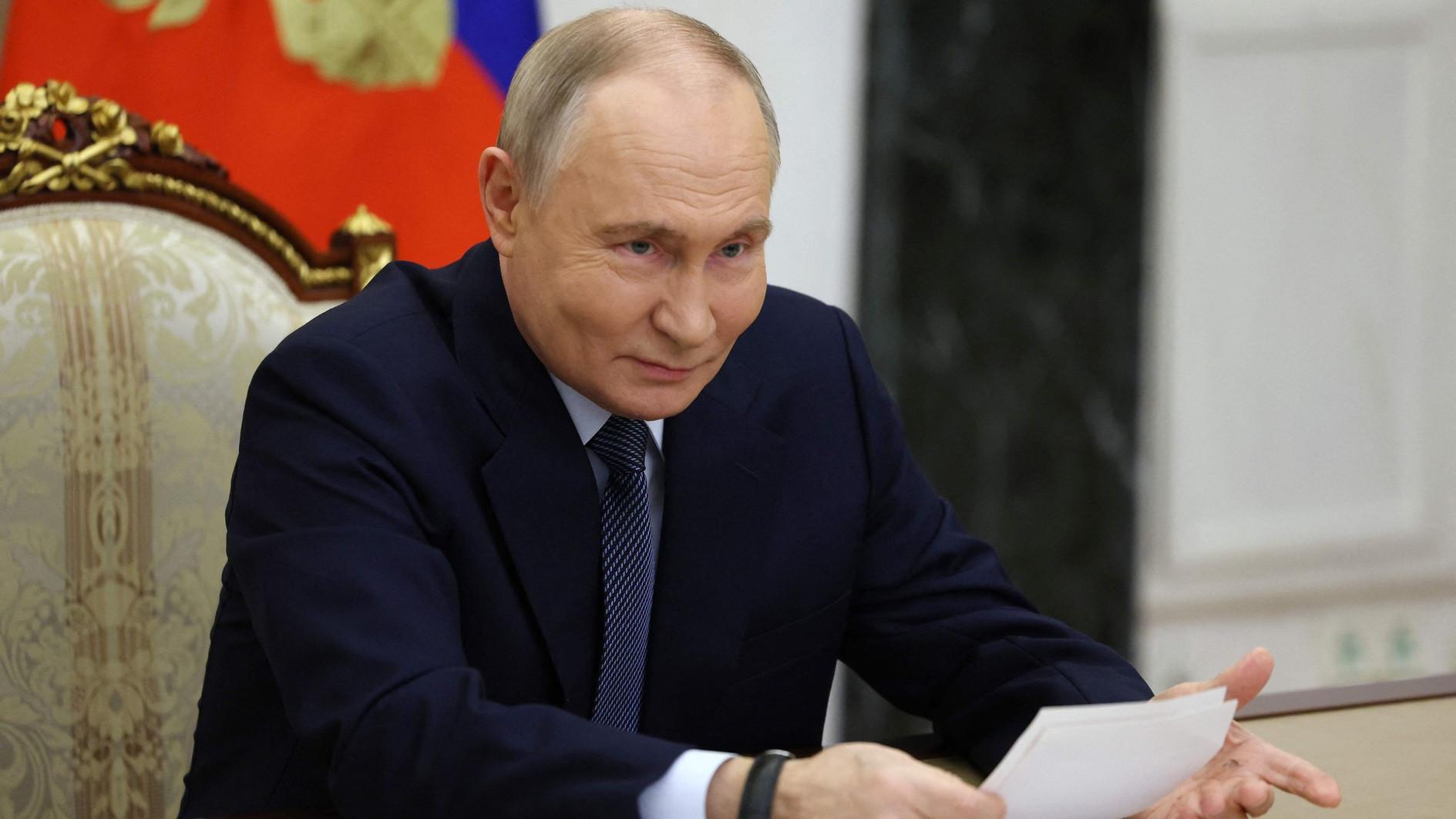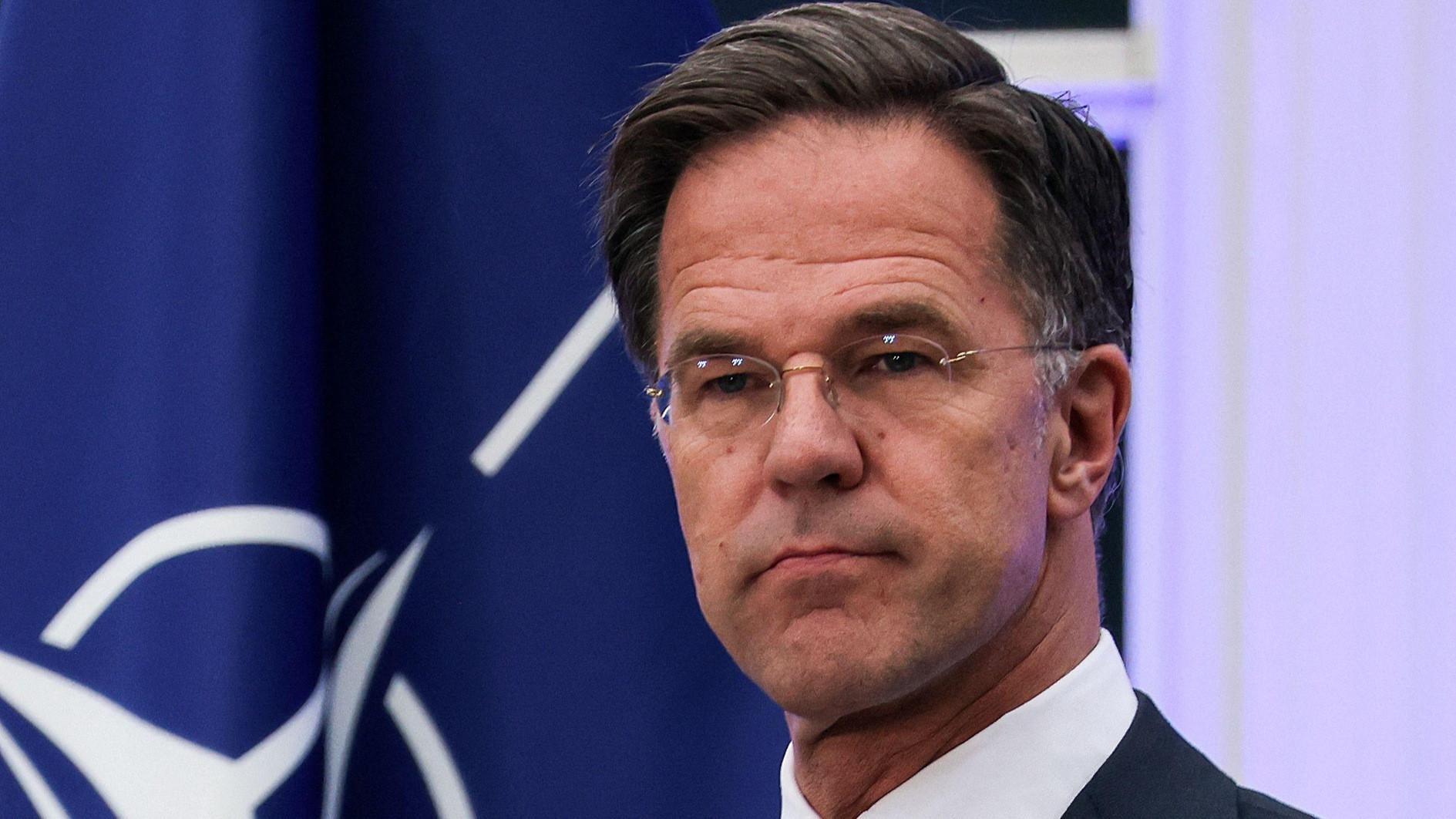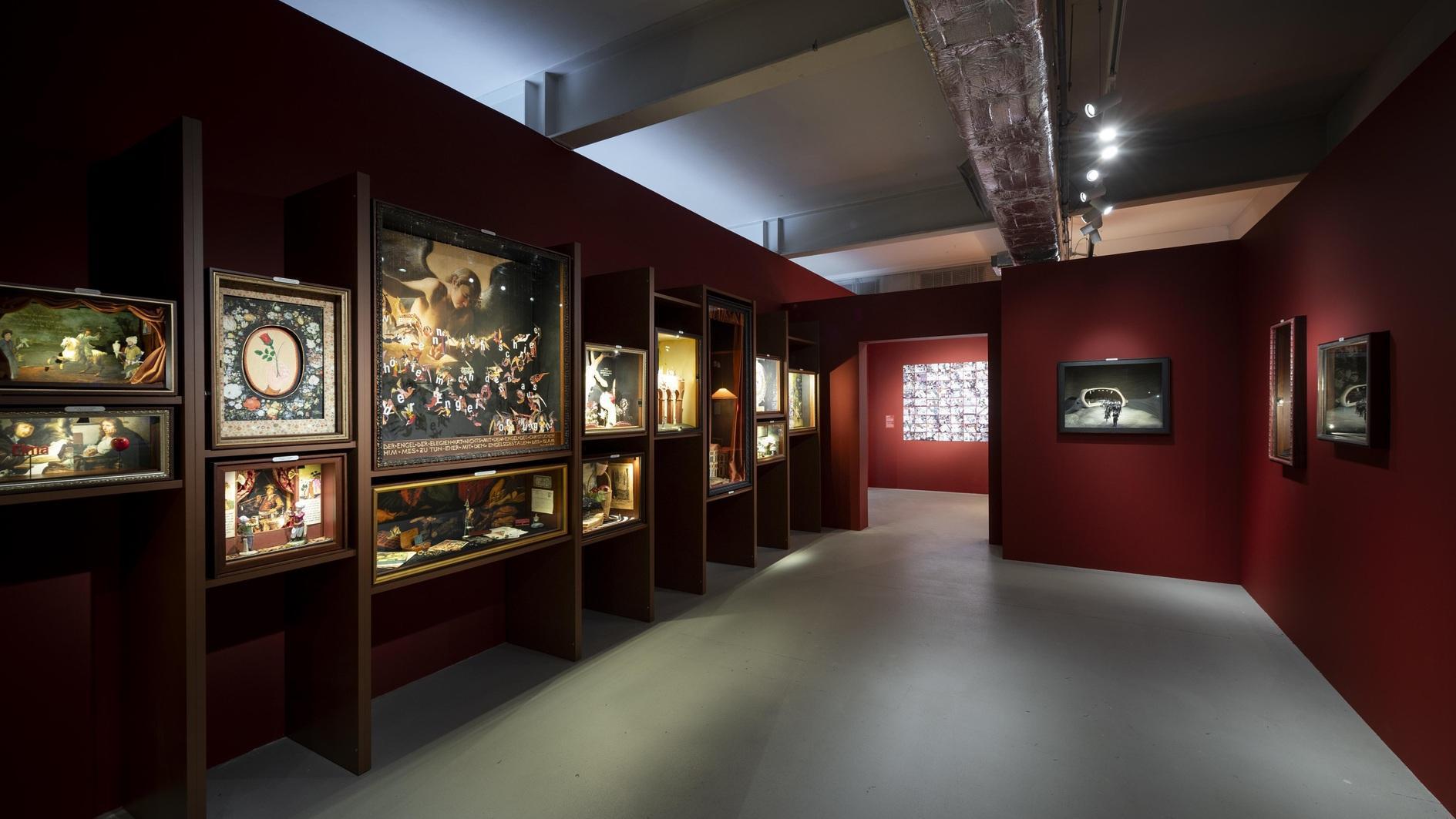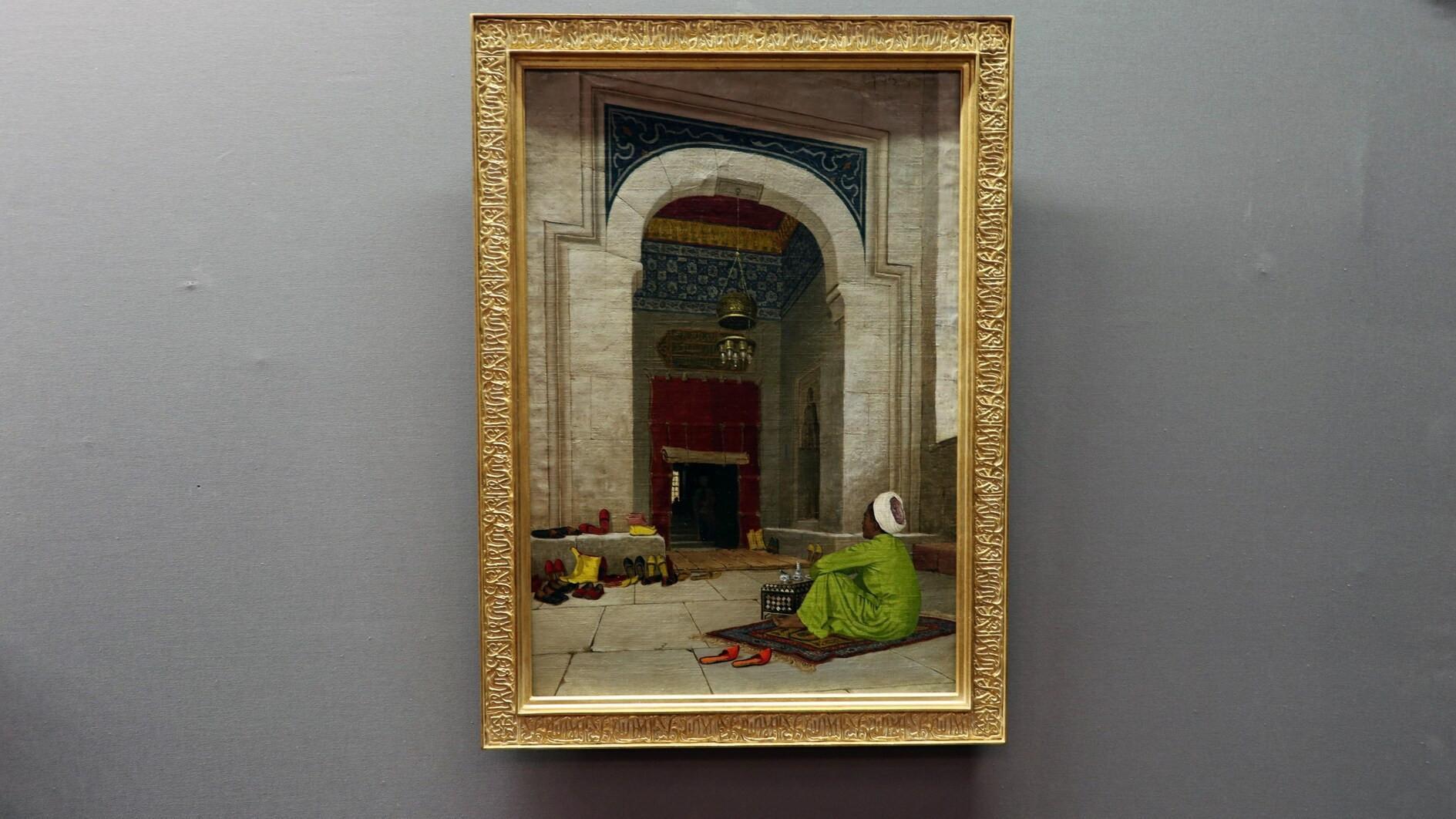CHP discusses parliamentary move against President Erdoğan
ANKARA
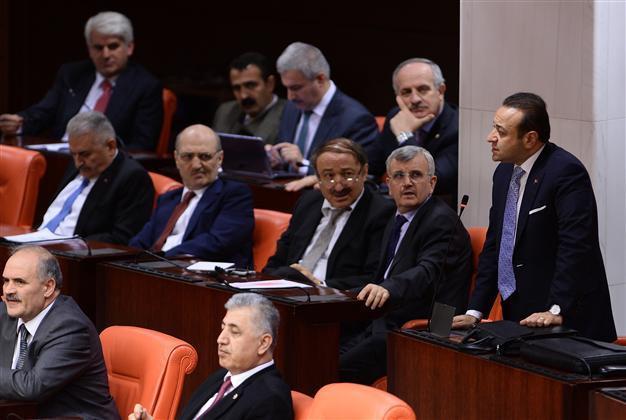
HÜRRİYET photo
The Republican People’s Party (CHP) is discussing whether to take action against President Recep Tayyip Erdoğan on charges of “bribery and forgery” in relation to the huge now-dropped Dec. 17 and 25, 2013 corruption cases, which embroiled four former ministers and their relatives.The CHP is also considering taking a step against Erdoğan in relation to the weapon-filled Syria-bound intelligence trucks that were halted upon a prosecutor’s initiative in 2014.
The draft motions prepared by CHP Mersin deputy Fikri Sağlar, which directly refer to the four former ministers involved in the corruption cases, were presented to the party’s parliamentary group on Aug. 21.
Several trucks belonging to the National Intelligence Organization (MİT) were stopped in the southern province of Hatay on Jan. 1, 2014 and in the southern province of Adana on Jan. 19, 2014. Both President Erdoğan and the incumbent Justice and Development Party (AKP) government slammed the prosecutors and soldiers involved in the operation, arguing that both the truck and the personnel were protected by MİT’s legal immunity. Speculation has been rife that the arms were destined for jihadists in Syria.
In its drafts, the CHP may seek Erdoğan’s prosecution on charges of “disturbing the unity of the state and integrity of the country,” “provocation of war against the state,” “recruitment of soldiers against a foreign country,” “violation of the constitution,” and “forming organized groups with the intention of committing a crime,” in relation to the MİT trucks incident.
The CHP’s drafts also center on Turkey’s biggest ever corruption case, which was launched in two different cases on Dec. 17 and Dec. 25, 2013. The issue was one of top items during campaigning by opposition parties in the run-up to the June 7 parliamentary election as Erdoğan, the founding leader of the AKP, was prime minister at the time.
The drafts cite charges of “malpractice,” “failing to inform the competent authorities of a crime that is being committed,” and “knowingly failing to notify the place where all the evidence or indications of offense are concealed by others,” in relation to the graft cases.
On Sept. 1, 2014, the Istanbul Chief Prosecutor’s Office had controversially ruled that there were no legal grounds for the prosecution of 96 suspects, including Bilal Erdoğan, the president’s son, who were accused by prosecutors of bribery and corruption in the Dec. 25, 2013 probe.
The earlier and larger of the two corruption dossiers, meanwhile, was dropped by the newly assigned prosecutor in October 2014. Some 53 graft suspects, including former ministers’ sons, the former manager of Halkbank, and a controversial Iranian-Azeri businessman were implicated in the Dec. 17 investigation.



